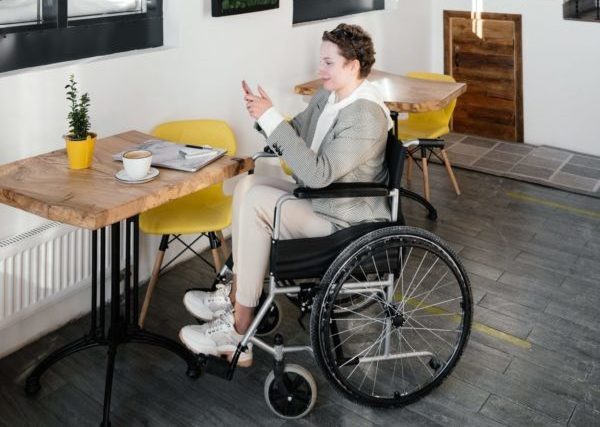Financing Your Solar-Powered Lifestyle
As unimportant to your circumstances as it may sometimes seem, one of the most significant numbers in your life is your credit score. The higher it is, the better interest rates you’ll get on big-ticket items like cars and houses. That leads to spending less money in the long run. On the flip side, a low credit score can make life a lot harder when you try to buy high-priced items. Where does that leave homeowners who want to get solar panels but are being kept from it by one little number?
There are far too many people who want to go solar but are unable to, thanks to their credit score. A lot of the big box companies will move on from them after checking their credit, looking for an easier sell. We don’t want you to feel discouraged because of this, and end up unable to save money on energy bills and cut down on your carbon footprint. There are plenty of options for you when it seems like your credit score is keeping you from going solar.
(Disclaimer: This material has been prepared for informational purposes only, and is not intended to provide, and should not be relied on for, tax, legal, or accounting advice. You should consult your own tax, legal, and accounting advisors before engaging in any transaction.)

GoodLeap and Other Loans
GoodLeap, formerly Loanpal, is one of the most popular loan companies for solar financing. There’s a reason they’re responsible for around 41% of solar in the United States. It’s best if you have a credit score of 600 or higher when you apply with them. This will allow you to get the best solar loan rates and terms. However, not all hope is lost if your credit score range is lower than that. You can still apply for personal loans, home equity loans, and plenty of other types.
What is a good credit score in general for these loans? Some say a minimum of 580 will be enough when looking for a solar loan, while others only go as low as 650. Make sure to check your credit score and see if you need to build it up. There are a number of ways to do so that may take some time, but will be worth it in the end.
Building Your Credit Score
One of the best ways to build your credit score is to get a credit builder loan, which is a secured loan that some financial institutions offer. You have a set amount of money that you put into the account, such as $500, that you then pay the loan with over a specified range of time. With the combination of time and regular payments, your credit score will steadily increase!
Similarly, there are credit cards for bad credit that can do the same. They have a lower credit limit so that you can pay off your monthly bill without worrying about accidentally letting your spending get out of control. Check your local credit union or bank to see what options they have for you to increase your credit score range.
If you don’t already have good credit habits, then it’s time to start. By the time you’re ready to install solar panels, you should be heading toward a nice, high number. The higher the number, the lower the interest rate, which means lower payments. Credit cards are great if you use 30% or less of your credit limit and pay your bill in full, every month. Similarly, with utilities or loan payments, pay them on time and if you can’t pay in full, at least do more than the minimum. Learn more methods to increase your credit score and you’ll be on your way to better deals in no time.

Solar Leases and Power Purchase Agreements (PPAs)
Even with these options, solar loans aren’t for everyone. Never fear – there are other ways to afford the solar panel cost that don’t involve the stresses of bad credit solar financing. This might mean you don’t get to claim the tax breaks that come with owning your solar array, but it can reduce your costs in other ways.
A solar lease is just what it sounds like – a company leasing solar equipment to you. It’s installed on your house but the provider owns and maintains it. Basically, you’ll be paying a fee for renting a solar array. You should still make sure that your electricity bill will be cheaper with the leased system than without, but you’ll get all the benefits of the full system without worrying about your credit score.
A power purchase agreement also has a company install a solar array, but instead of paying to rent the equipment, you pay for the electricity. So you would have your own source of energy, right at home, that often costs less than what you would pay the utility company for the same amount of electricity. PPAs aren’t available in every state, but they can be a great choice if you have the option.

Whatever your credit score may be, there’s always a way to go solar. Building your credit will help make your life easier with many types of big purchases, including installing a solar system, but it’s not the end of the world if your score is currently low. When others might give up on you for not having an excellent credit score, we’re here to help you figure out the best solution for your needs. Embracing the shift to an energy lifestyle powered by renewables should be made possible for everyone who wants to save both the environment and their money.
FREE CONSULTATION
Claim your basic human right to clean, affordable solar now. Schedule a free, no-pressure consultation with one of our experts.
